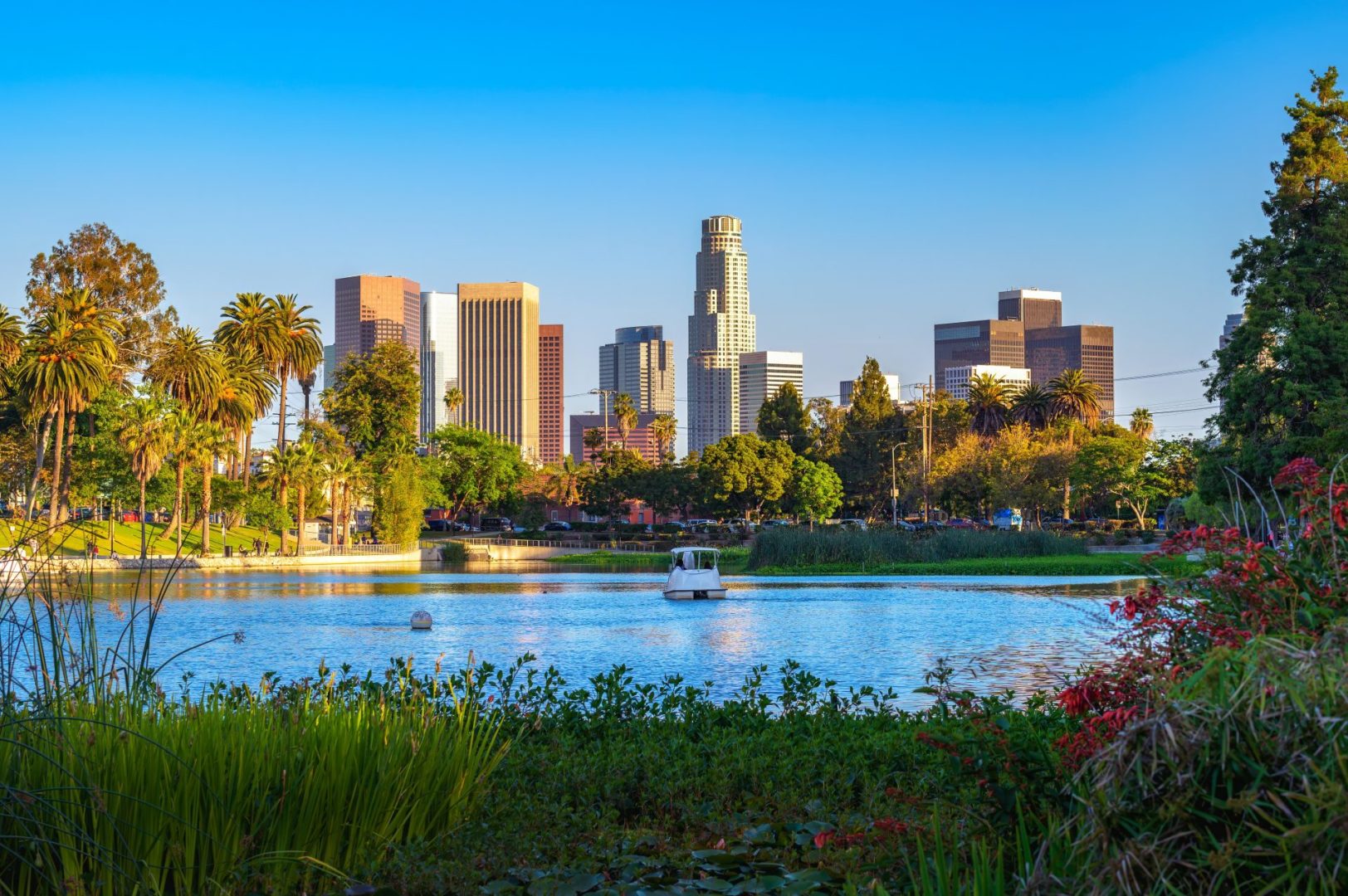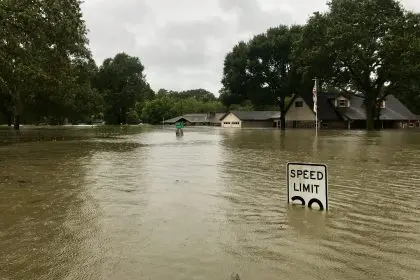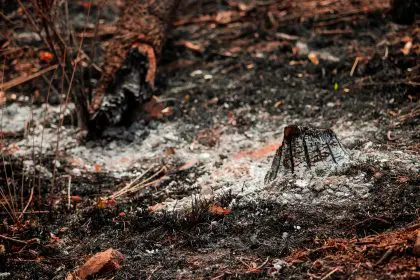As Los Angeles battles devastating wildfires, an unexpected narrative has emerged from conservative circles blaming diversity, equity and inclusion (DEI) initiatives for the crisis. This peculiar shift in focus has sparked heated debates across social media platforms and news outlets, drawing attention away from critical factors like climate change and emergency response funding. The controversy intensified as several high-profile figures made inflammatory statements connecting DEI policies to the city’s firefighting capabilities.
How the blame game started
The controversy gained momentum when former President Donald Trump made an unusual claim linking the fires to the Delta smelt fish, a statement that experts quickly dismissed as factually incorrect. His son Donald Trump Jr. followed with provocative social media posts suggesting that DEI should be renamed to “DIE,” implying these initiatives somehow contributed to the emergency response challenges. These statements marked the beginning of a troubling trend of misinformation surrounding the crisis.
Voices of opposition
Conservative commentator Matt Walsh escalated the situation by claiming that white men were deliberately excluded from firefighting roles, suggesting this alleged exclusion hampered the city’s ability to combat the fires. This narrative gained further traction when Elon Musk, owner of X, shared similar sentiments online. Their statements, while lacking factual support, have influenced public discourse about the crisis.
Media’s role in amplification
Various media outlets have played a significant part in spreading these unfounded claims. Newsmax host Rob Finnerty particularly targeted the leadership of the Los Angeles Fire Department, suggesting that the department’s inclusive hiring practices somehow compromised its effectiveness. These media narratives have contributed to a broader pattern of scapegoating marginalized communities during times of crisis.
The truth about leadership
Fire Chief Kristin Crowley’s two-decade career in fire service includes extensive experience as a paramedic, fire inspector, assistant chief and fire marshal. Her appointment to the position was based on these qualifications rather than any demographic considerations. However, discussions about her leadership have often focused on her identity rather than her substantial professional experience and capabilities.
Understanding the real issues
Climate scientists and emergency management experts emphasize that increasing wildfire frequency and intensity correlate strongly with climate change patterns. Resource allocation, emergency preparedness and environmental factors play crucial roles in determining a city’s ability to respond to such crises. These evidence-based concerns have been overshadowed by unfounded accusations against diversity initiatives.
Impact on emergency services
The controversy has affected morale within emergency services departments and complicated public discourse about disaster response. Fire department veterans note that effective emergency response depends on proper funding, equipment maintenance and strategic planning rather than demographic considerations. The focus on DEI has diverted attention from these crucial operational aspects.
Looking at the evidence
Research shows no correlation between inclusive hiring practices and decreased emergency response effectiveness. Studies actually suggest that diverse teams often demonstrate enhanced problem-solving capabilities and improved community engagement. These findings contradict the narrative being pushed by critics of DEI initiatives.
Community response
Local community leaders and firefighting professionals have pushed back against these misleading narratives, emphasizing the importance of unity during crisis situations. Many point out that effective emergency response requires support from all segments of society regardless of demographic backgrounds.
Path to constructive dialogue
Moving forward requires shifting focus back to evidence-based discussions about emergency preparedness and response. This includes addressing climate change impacts, ensuring adequate funding for emergency services and maintaining crucial infrastructure. Creating constructive dialogue means examining real factors affecting disaster response rather than promoting divisive narratives.
As cities face increasing environmental challenges, the need for comprehensive disaster preparation becomes more crucial. This requires moving past politically motivated blame games to focus on practical solutions. Emergency response effectiveness depends on proper resources, training and community support rather than demographic considerations.

















